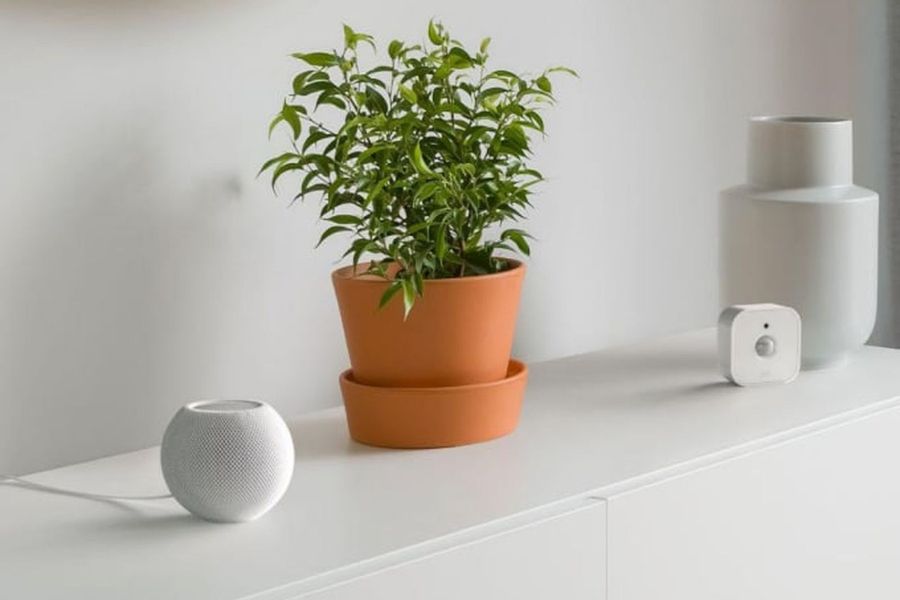Having first been revealed back in August of last year, SOMNUM is an AI-powered software used in sleep management solutions. The algorithm was developed by South Korean start-up HoneyNaps and is already being used throughout hospitals, hotels and healthcare centers throughout South Korea to deliver better quality sleep to guests and patients.
SOMNUM analyzes acquired data and delivers real-time, multichannel analysis of sleep patterns with speed that reportedly rivals current rates. Typically, data gathered from a somnologist takes about three to four hours for them to analyze and review before being able to present a course of action. According to HoneyNap, SOMNUM reduces this process to “under five minutes” while preserving the same levels of accuracy.
Answering the Sleep Epidemic
Following up the successful adoption of SOMNUM in facilities across South Korea, HoneyNaps has recently announced that it will be introducing its own sleep management solution, titled SOMNUM Sleep Scanning, in early 2022, pending FDA approval in the U.S.
The service itself functions as a coaching program that provides a deep-sleep solution and guide based on the analysis of an individual’s sleep pattern and environment. The goal is to provide the individual the tools to pursue a healthier lifestyle. SOMNUM even comes with programs tailor-made for specific profiles, such as students, office workers, children and the elderly.
Considering over 100 million people across the globe struggle with sleep, with ongoing pandemics, climate and political issues doing nobody any favors, the emergence of a service such as this should be a welcome one for many. Already people regularly engage with wearables, services and even smart beds to learn more about and improve their sleep.
“Since COVID-19, interest in preventive management has soared and digitalization for medical/healthcare services is accelerating worldwide,” a HoneyNaps representative said. “Personalized sleep management service is taking its place as one of the empirical models of the post-COVID era.”






